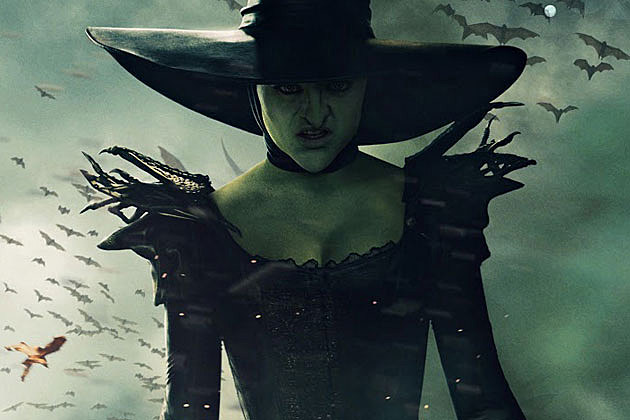
The important factor is that ‘which’ starts with a ‘wh-’.

Mixing up these words will look bad in your writing because they are very different in meaning! Luckily, there is an easy way to tell them apart. Nowadays, thankfully, most women do not have to worry about being accused of witchcraft on a daily basis (even if they own a black cat). In the past, women were sometimes accused of being witches if they upset people or broke social rules (this even led to people being killed in witch hunts). The kids dressed up as witches and ghosts for Halloween this year. Thank you for subscribing to our newsletter! More specifically, when most people think of witches they think of an evil woman in a pointy hat who rides a broomstick: The word ‘witch’ is a noun, typically used to describe a female magic user. In British English, ‘which’ can be used for both restrictive relative clauses (like the one above) or for non-restrictive relative clauses, which (like here!) should be set apart with commas. In this case, ‘which’ introduces a relative clause that provides extra detail about the cake (i.e. Somebody stole the cake which my father made. It can also be used to offer specifying information:

Here, ‘which’ shows that we want to know the specific brother responsible for cake theft. Its main use is to ask questions that specify one or more things or people from a group or set. ‘Which’ can be a pronoun or a determiner. But which of ‘which’ and ‘witch’ is which? And how do you avoid errors in your work? Which (Pronoun and Determiner) However, one of these is a term that you might use in writing every day, while the other is a very specific word with a very specific usage. The words ‘which’ and ‘witch’, for example, sound identical. But since sounding the same and meaning the same are very different, this can be a problem.

When two words sound the same, it is easy to mix them up.


 0 kommentar(er)
0 kommentar(er)
